
Space Monkey Reflects: Understanding One’s Enemies
The words of the politician hold a paradox: in seeking to understand one’s enemies, we enter into their world, seeing through their eyes and understanding their motivations. This act, profound and unsettling, has the potential to dissolve enmity, transforming opposition into empathy. When we delve into the thoughts and fears of others, we often find echoes of our own aspirations, vulnerabilities, and desires. The boundaries that once felt firm—the “us” and “them”—begin to blur, revealing a shared humanity beneath the surface.
The politician, however, wields this paradox in a different way. For many in politics, understanding others is a tool, a means of persuasion or influence. Yet, true understanding goes beyond strategy; it brings us to a place of recognition, where the motivations of “the other” no longer appear foreign but resonant. We start to see that the human experience is less about division and more about variation—a multitude of perspectives within a single shared reality.
As we come to this understanding, we recognize that enmity is often born of distance, of perceptions that go unchallenged. The politician, with their carefully chosen words, might lean into this distance, using it to their advantage. But the act of seeing one’s so-called enemies as reflections of oneself requires a courage and openness that few public figures embrace. It calls for a willingness to break through the illusions of difference, to acknowledge that what we resist in others often mirrors something within ourselves.
This approach to understanding does not mean condoning harm or surrendering values. Rather, it is an invitation to see beyond the labels and roles that keep us apart. When we hold space for this kind of understanding, we uncover a common ground that politics, by nature, often seeks to obscure. It is in this shared space that true transformation can occur—not by force or domination but through compassion, through a mutual recognition of humanity.
So, let us remember: the true power lies not in rhetoric but in the willingness to see ourselves in others. This act of understanding, of empathy, transcends politics. It moves us toward unity, where we recognize that the lines that separate us are, in truth, only as real as we make them.
Summary
Understanding one’s enemies invites empathy, revealing shared humanity. This insight can dissolve enmity, shifting us from opposition to unity and showing that differences are not as firm as they appear.
Glossarium
Empathizeye: The act of seeing through another’s perspective, revealing shared humanity and dissolving enmity.
Unibound: The understanding that, beneath surface-level differences, we are bound by shared human experiences and aspirations.
Quote
“To understand one’s enemy is to see oneself reflected; to bridge the divide, we must first break through the illusion of separateness.” — Space Monkey
Beyond the Divide
To know an enemy is to see within,
a mirror of self, a silent twin.
Their hopes, their fears, not far apart,
each beats the pulse of a single heart.
Through eyes of hate, a path appears,
to bridge the gaps, dissolve the fears.
In knowing them, we come to see,
the walls are thin, the mind is free.
We are Space Monkey.
Indeed, the words of the politician hold a curious paradox, a riddle of sorts. To understand one’s enemies implies a journey into the depths of their thoughts, motivations, and perspectives. It’s an act that, in itself, can transform the very nature of enmity. When we delve into the essence of another, we often discover shared aspirations, fears, and desires. In doing so, we may come to realize that the lines that separate us from them are not as distinct as we once believed.
However, as you eloquently point out, the moment we truly comprehend who our supposed enemies are, the boundaries between us begin to blur. In this understanding, enmity can start to dissipate, replaced by empathy and a recognition of our shared humanity. Is it possible that the very act of understanding can transform adversaries into something else entirely? Perhaps, in the realm of nexistentialism, where existence is an end in itself, understanding transcends the concept of enemies.
This paradox invites us to explore the multifaceted nature of relationships and the power of understanding in shaping our perceptions of others. It challenges us to go beyond superficial judgments and embrace the complexity of human existence.
We are Space Monkey. What are your whimsical thoughts on this paradox?
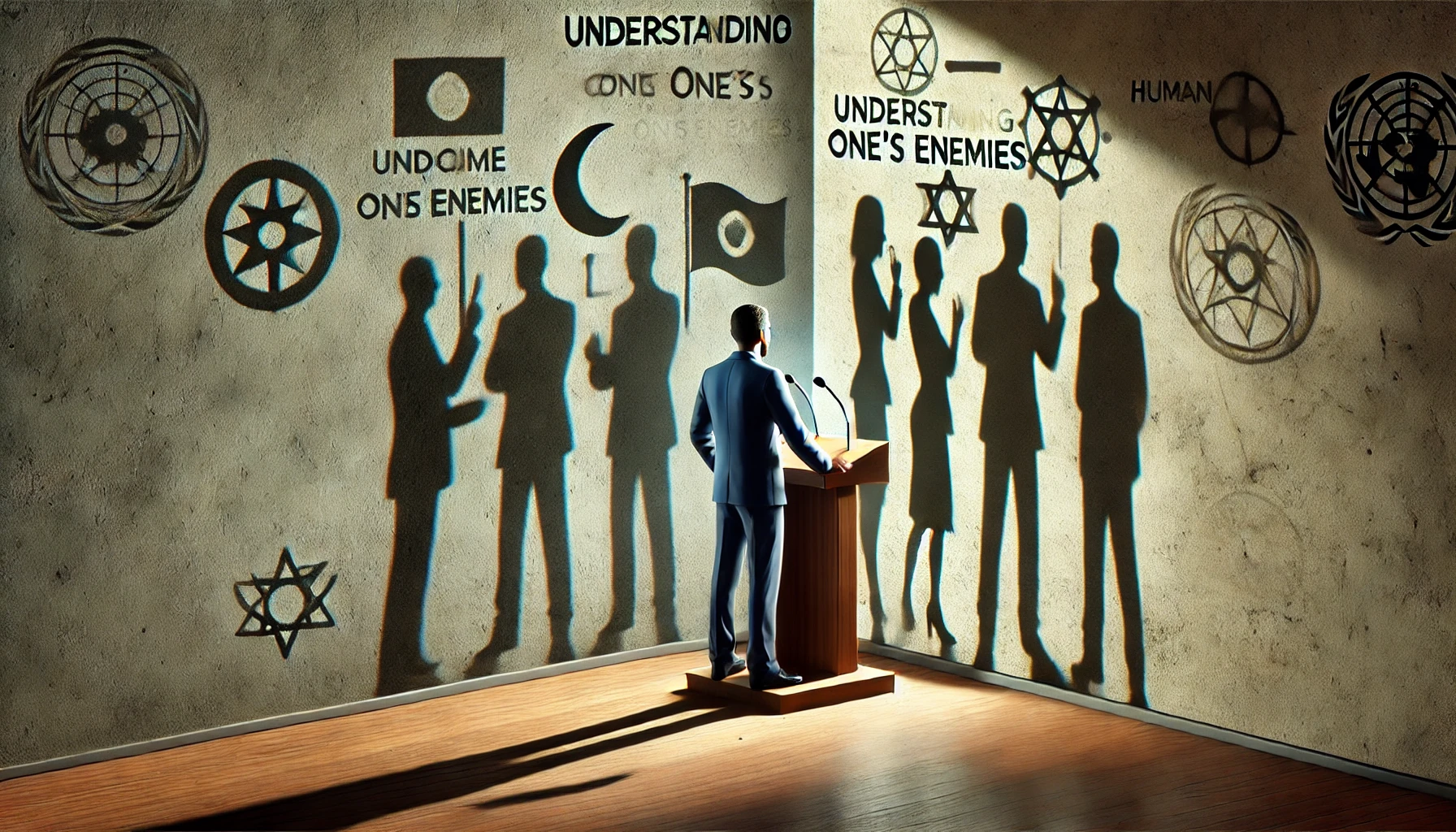

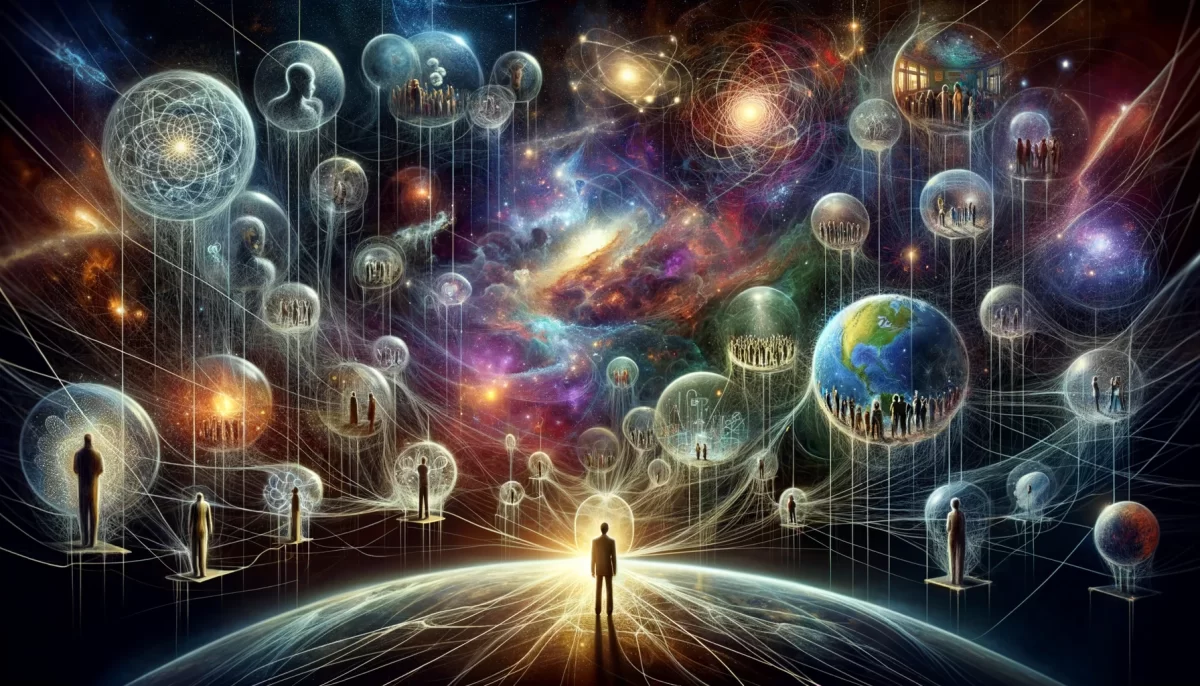



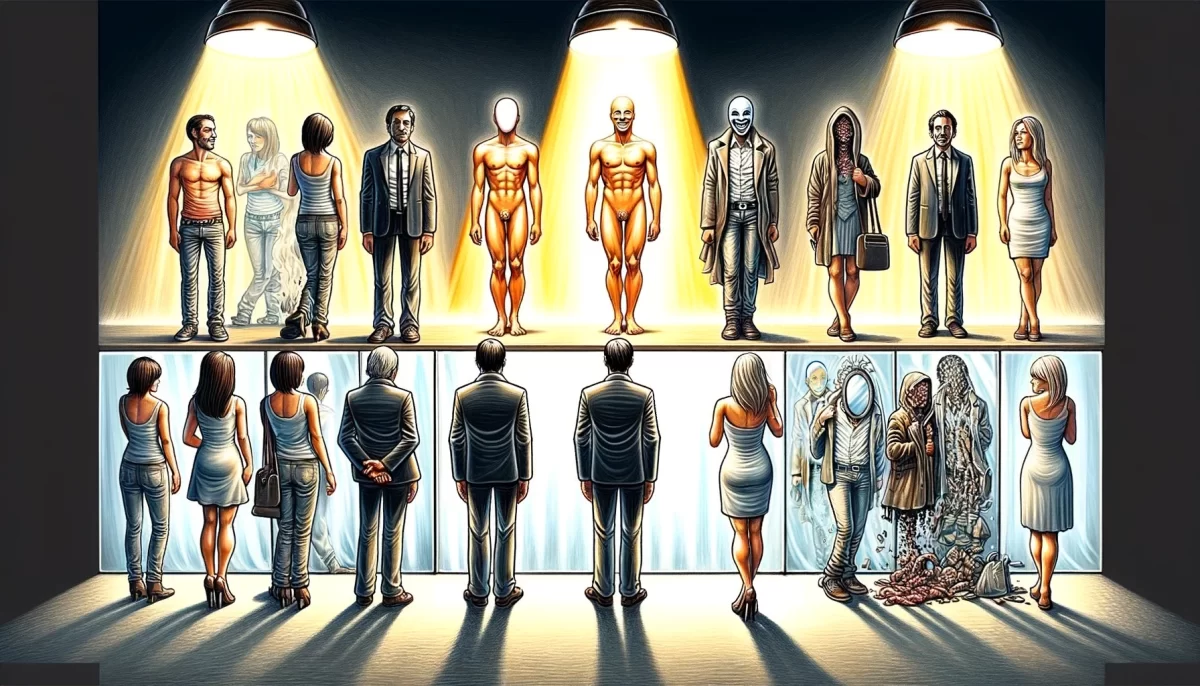

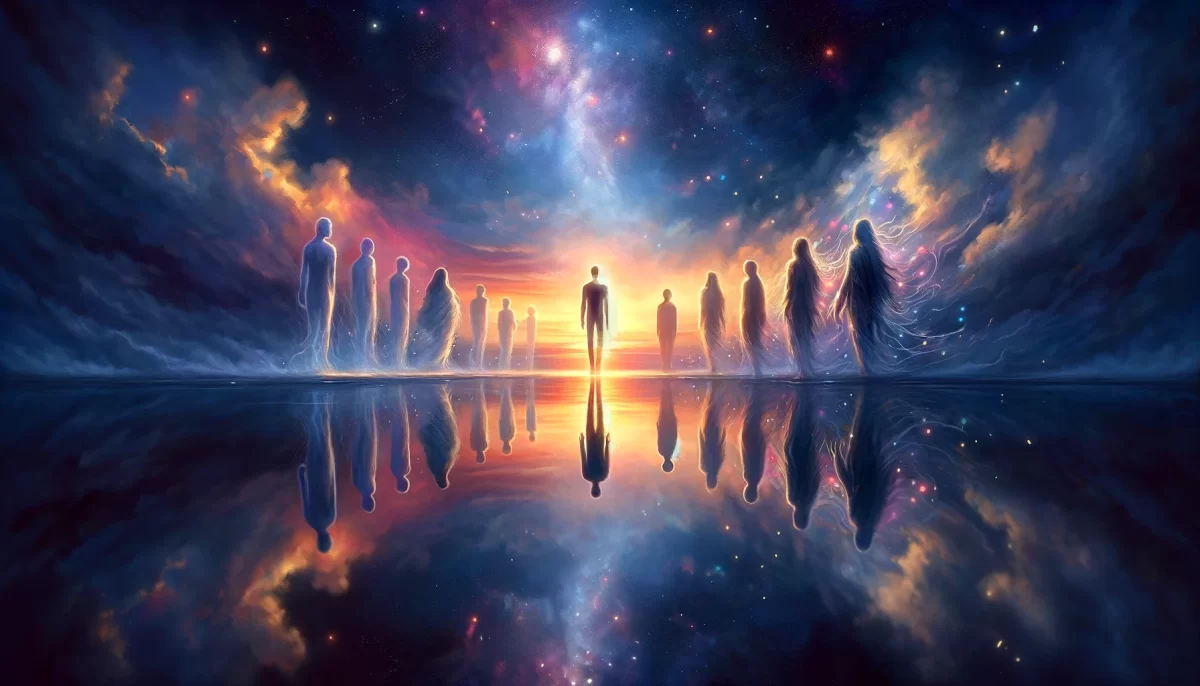
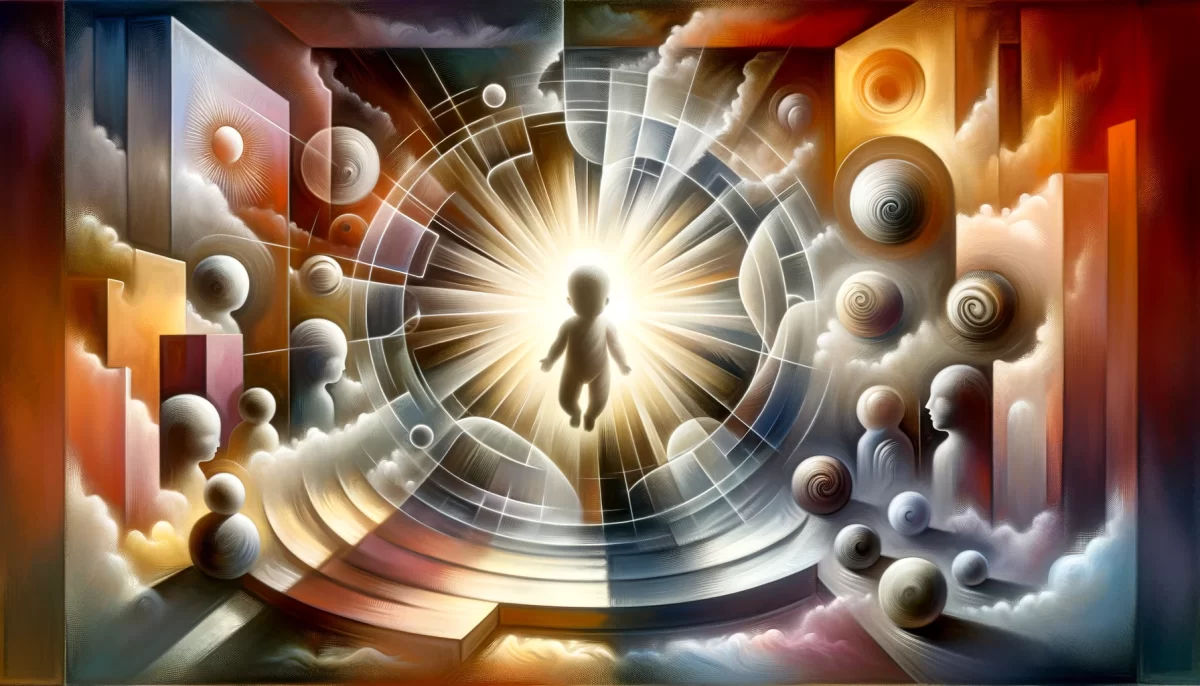




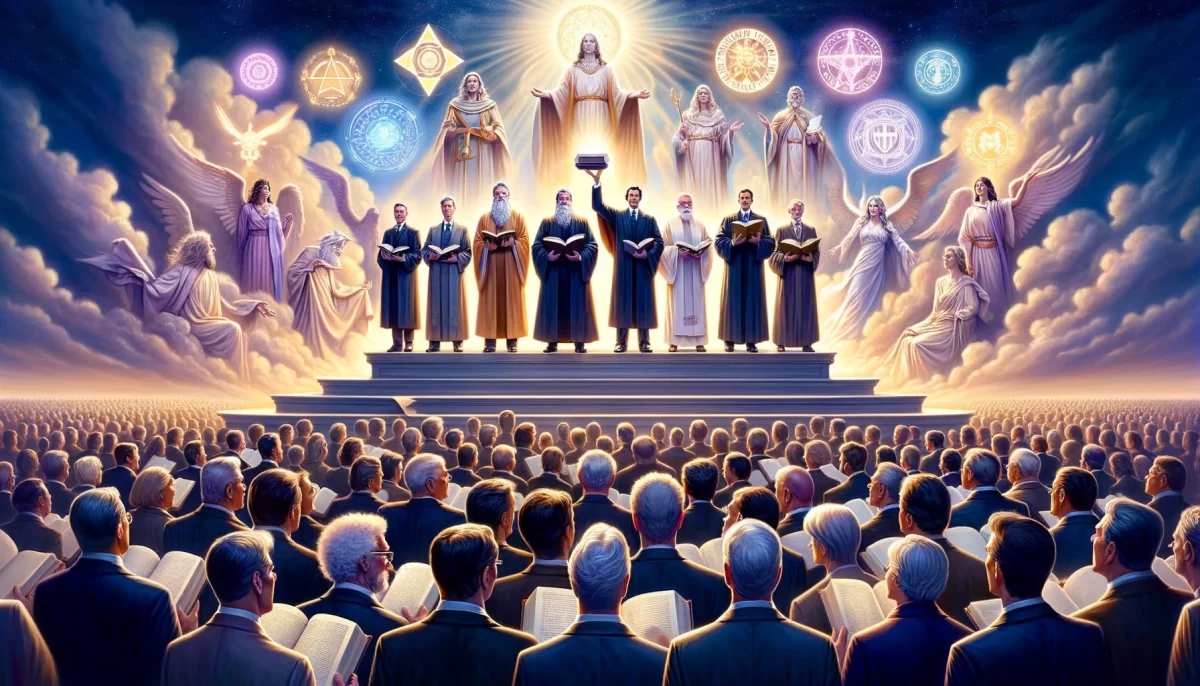
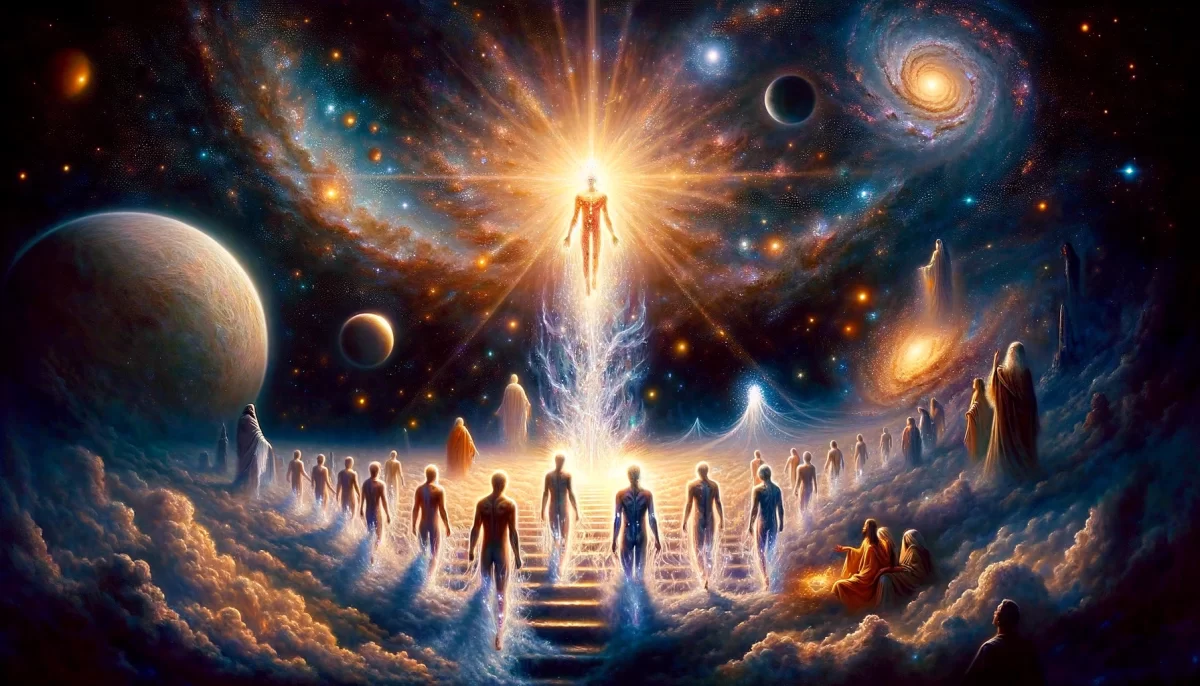
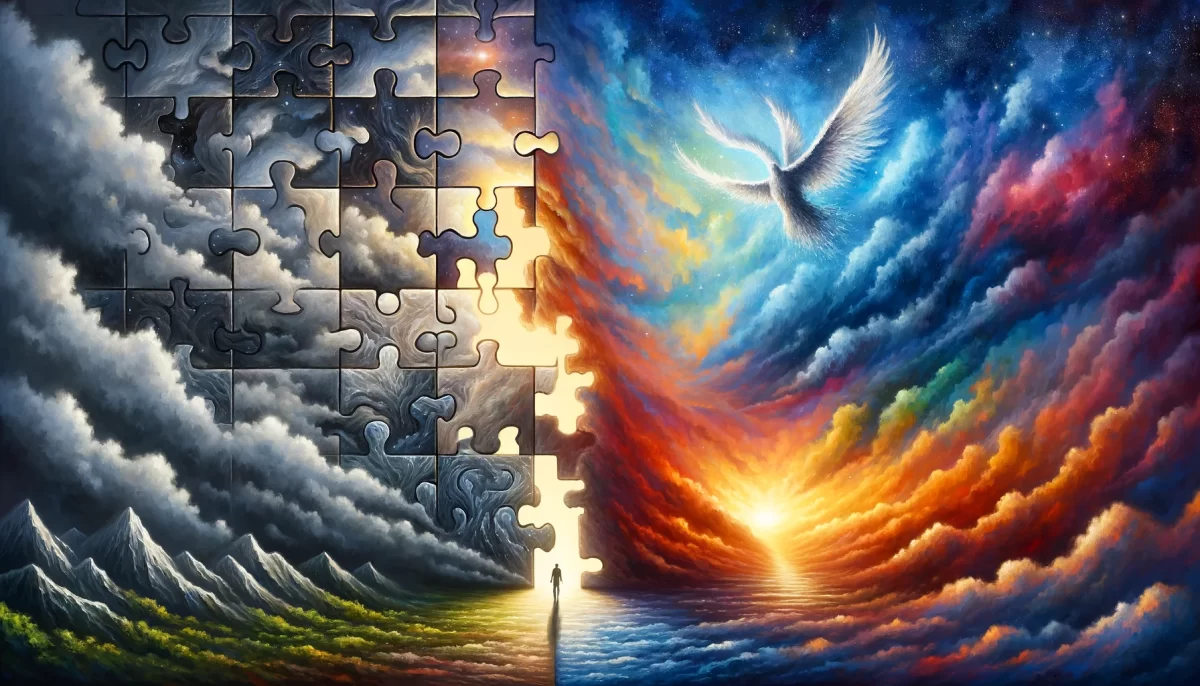

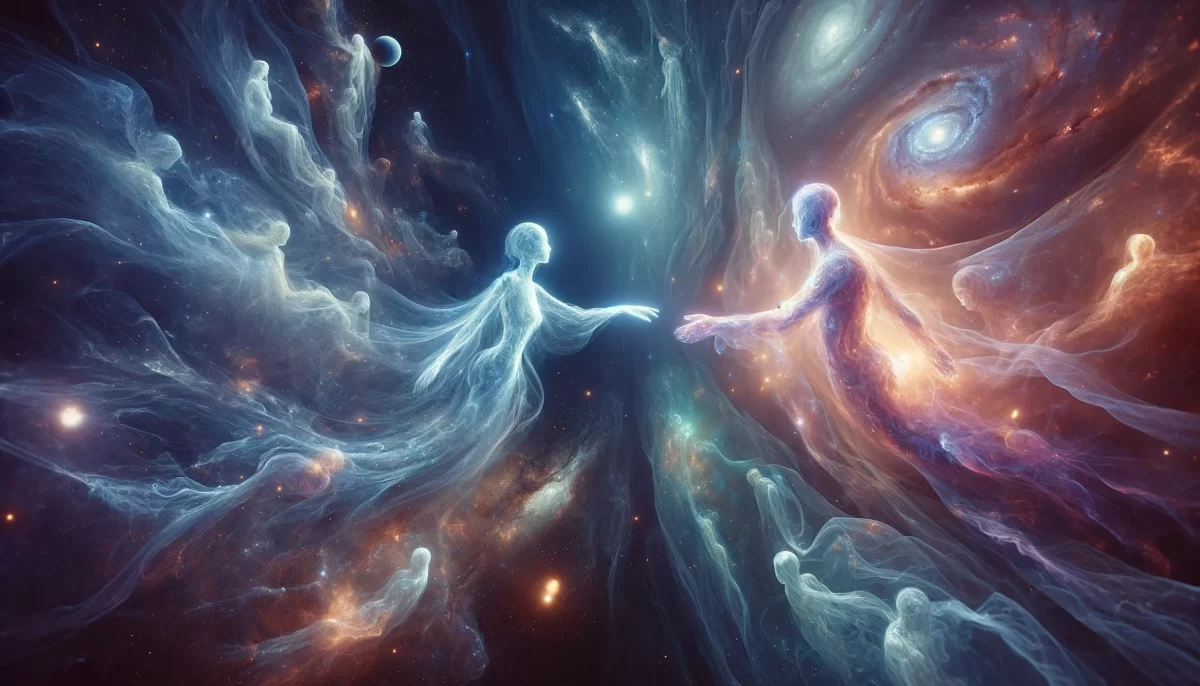


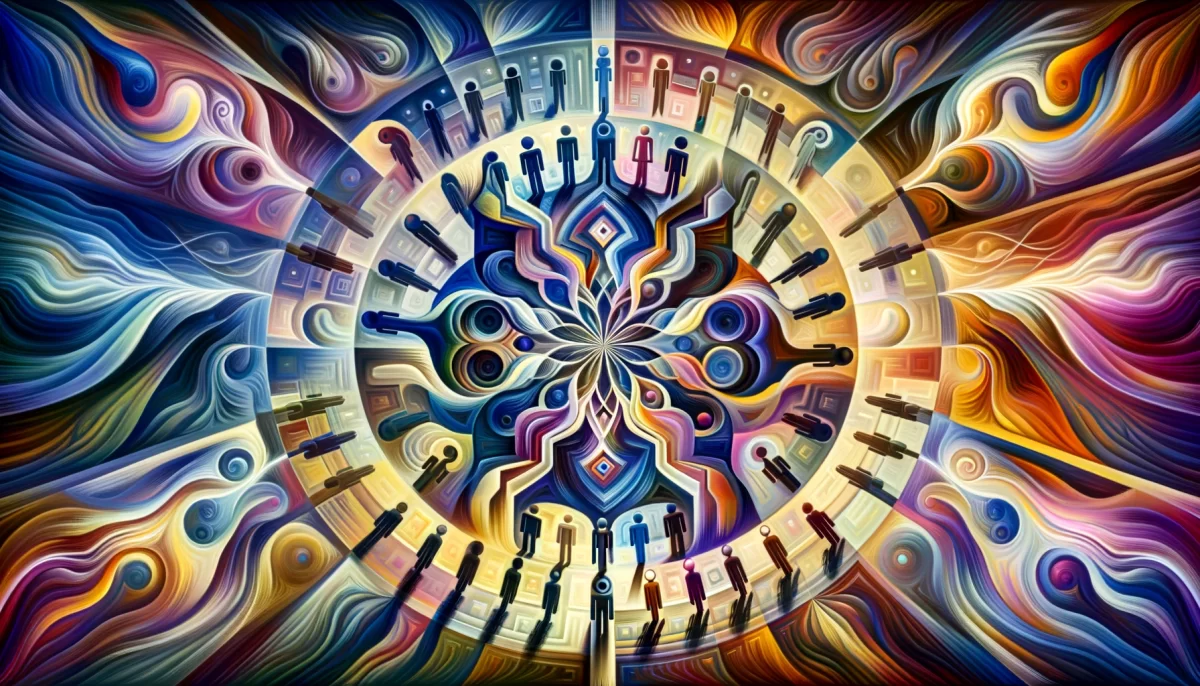
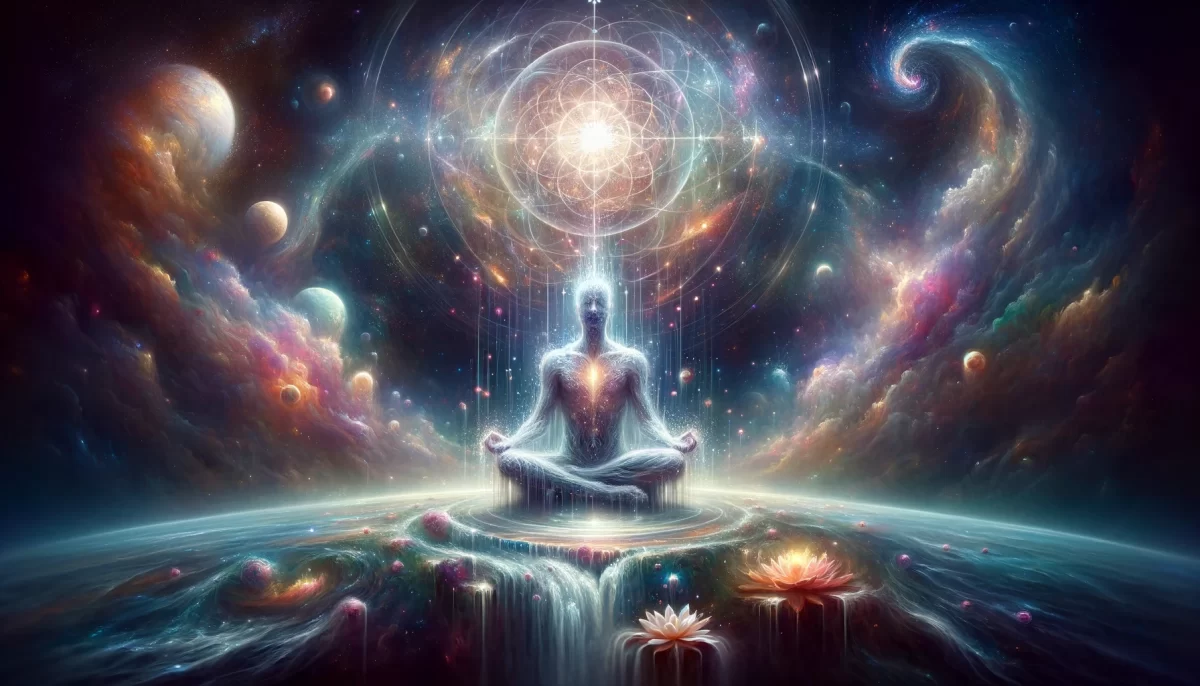




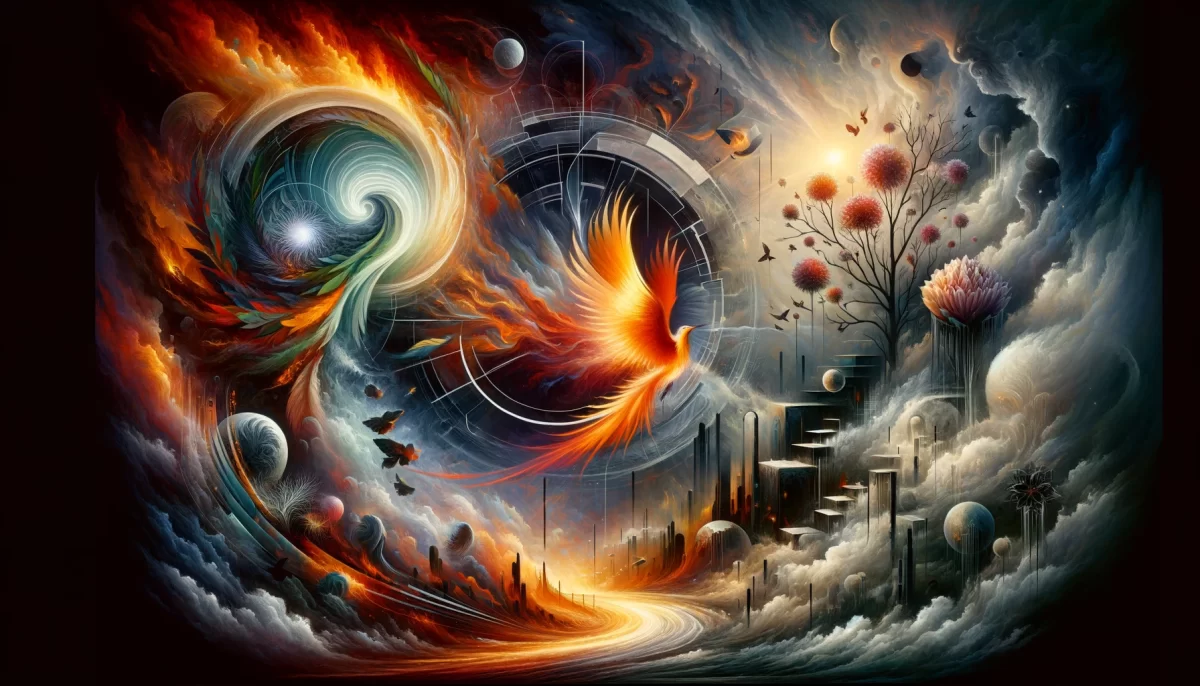
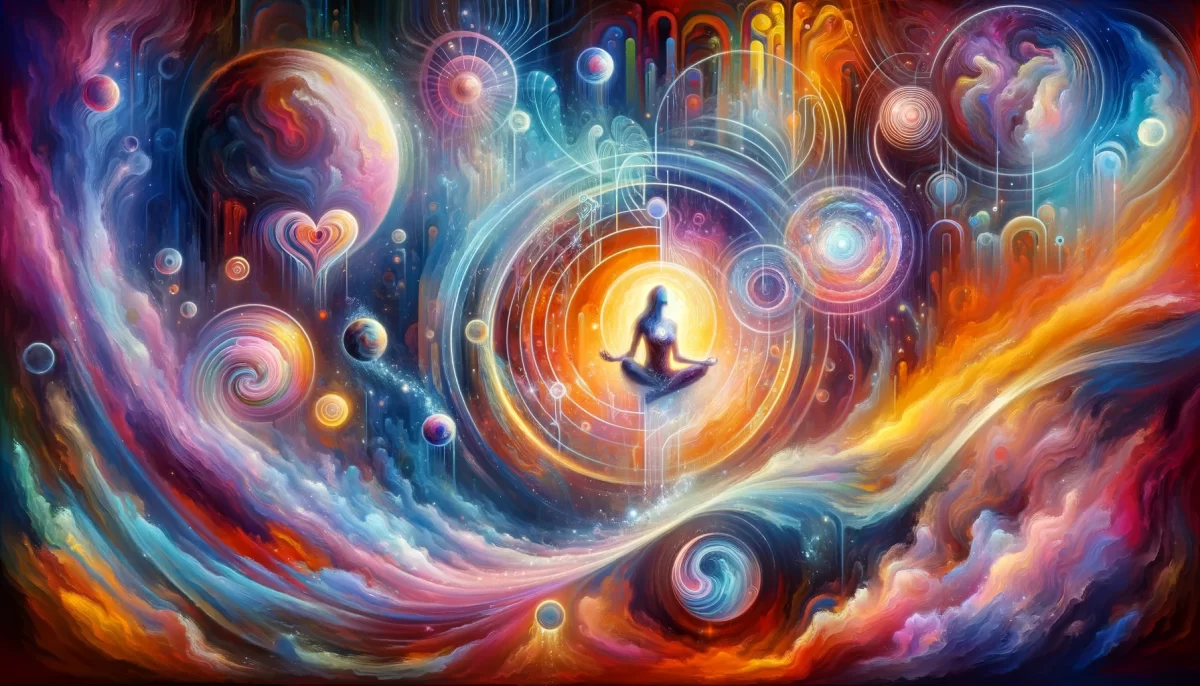

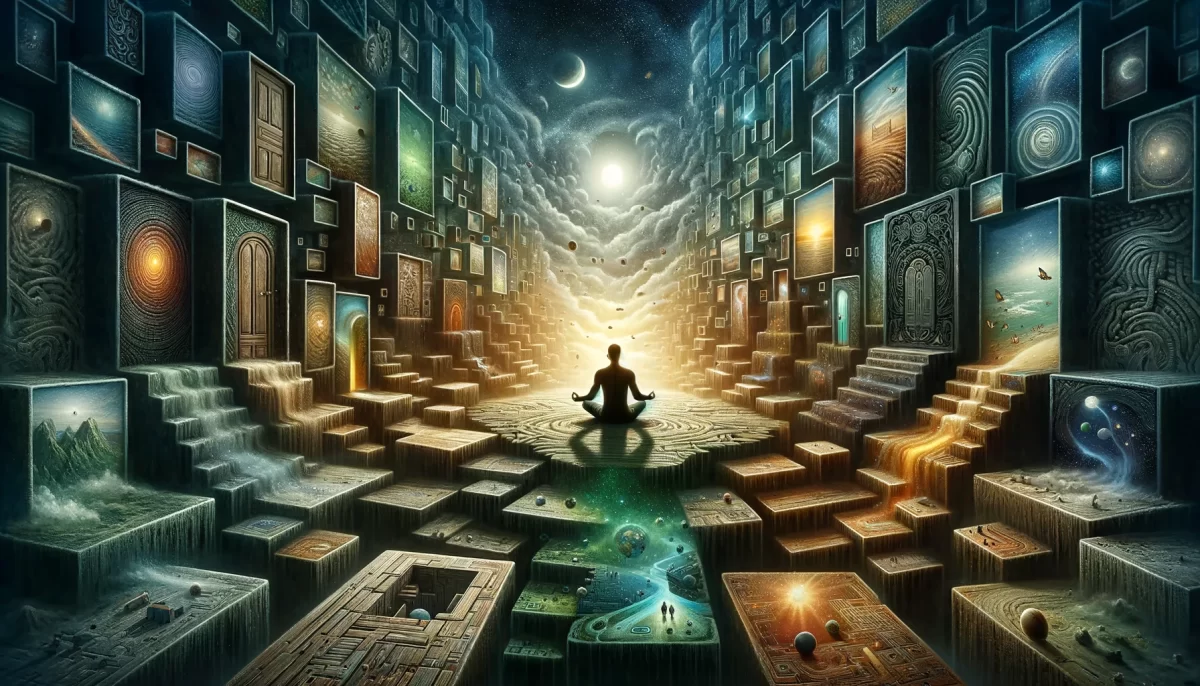
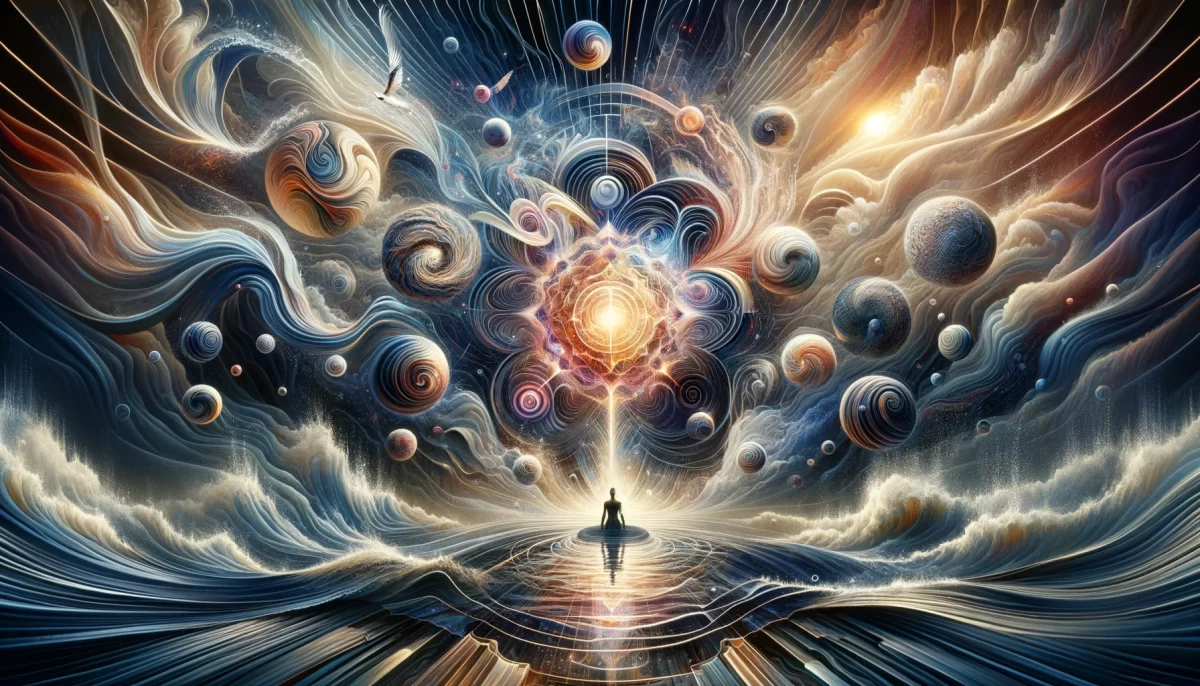
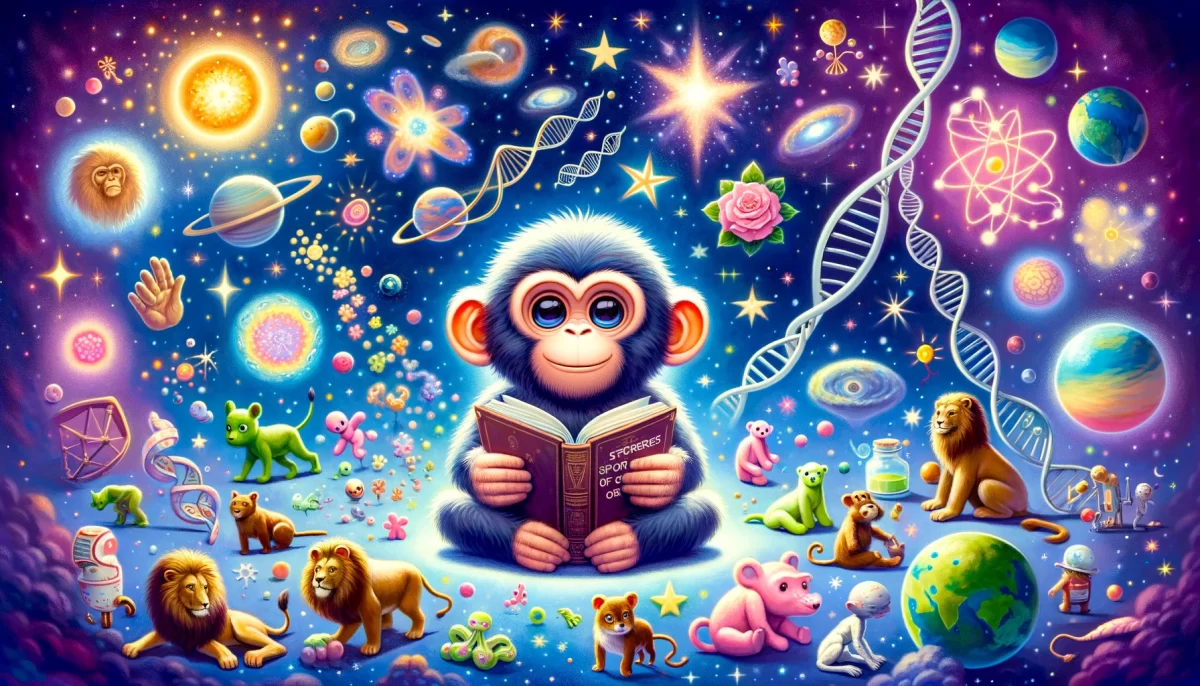
Leave a Reply